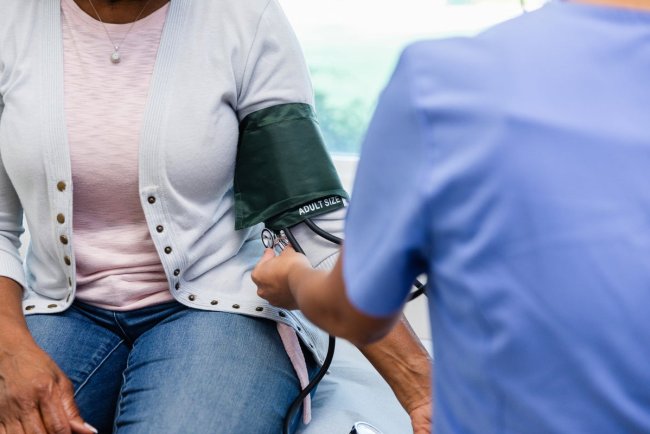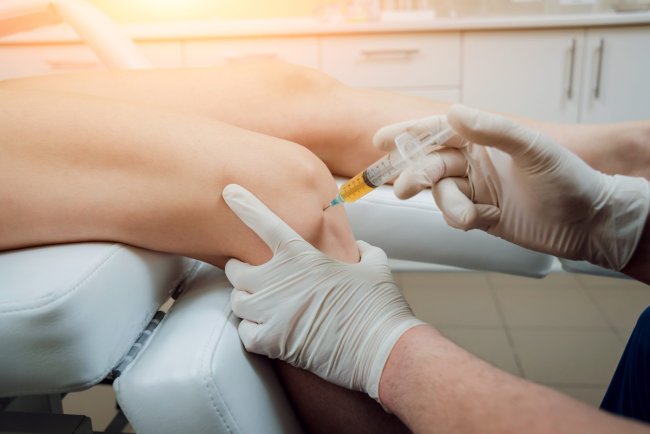Can Watching Sports Be Bad for Your Health? A Look Beyond the Cheers and Heartbreak
Every January, sports fans step into their own kind of marathon. College football bowl games and national championships light up the TV, NFL playoffs march toward the Super Bowl, and basketball and hockey are already deep into their seasons. Spring training for baseball lurks just around the corner. For millions, this isn’t just background noise, it's ritual.

But here’s the uncomfortable question: could your love of spectating actually be nibbling away at your health?
While we often think of danger in terms of what happens on the field, the concussions, the torn ligaments, the players carried off by trainers, the stands and couches hold risks of their own. I’ve seen it myself: as a walk-in clinic near Fenway Park filled with fans sporting cuts, sprains, and broken bones from tumbles, foul-ball mishaps, or even mid-game scuffles. These injuries weren’t catastrophic, but they were reminders that fandom isn’t always harmless.
The bigger concern? What you don’t see coming.
The Hidden Health Hazards of Watching Live Sports
Going to a game feels like a celebration, but beneath the hot dogs and chants, your body is negotiating with the environment:
Heat and hydration: A summer baseball game can bake you under the sun for hours, nudging you toward dehydration or even heat stroke.
Cold exposure: On the flip side, a frigid winter football match can flirt with hypothermia or frostbite.
Crowd chaos: Stampedes, fights, and riots particularly in high-stakes soccer remain an unfortunate reality.
Flying projectiles: A rogue puck, bat, or foul ball doesn’t care that you were just reaching for your nachos.
All of this makes live sports more unpredictable than most people realize.
When Watching From the Couch Isn’t Risk-Free

You might think your recliner is the safest place to be. No weather, no stampedes, no foul balls. But the drama unfolding on your screen can stir up its own storm.
Doctors often describe eerily quiet emergency rooms during big games like the Super Bowl or World Series, only for the floodgates to open afterward. Why? Some patients with chest pain or shortness of breath may hold off seeking help until the final whistle blows. Others, it seems, are pushed over the edge because of the game itself.
The science backs this up:
Older studies found spikes in hospital admissions for heart attacks and heart failure during major sporting events.
A 2017 study revealed that Montreal Canadiens fans’ heart rates doubled during games, a stress response akin to moderate exercise. Live games spiked rates the most, but TV viewers weren’t spared.
A 2022 study reported a 15% jump in cardiovascular hospital admissions during and after World Cup matches.
Translation? Spectating isn’t always a passive act. For some hearts, it’s a stress test.
Should Sports Fans Worry?
For most people, watching sports is pure joy, a sense of belonging, adrenaline-fueled suspense, and the emotional high of shared victory (or commiserated defeat). But for older adults or those already carrying cardiovascular baggage, the risks deserve attention.
The advice isn’t to turn off the TV forever. Instead, think of fandom the way you’d think about exercise: rewarding, but best approached with a little preparation.
Game-Day Tips to Protect Your Health
Here are five practical ways to enjoy the game without putting your well-being on the bench:
Watch what you eat (and how much). Salty snacks and beer towers might be tradition, but they can strain your heart and trigger fluid retention in people with heart disease.
Dress and prepare for the weather. Cold games call for layers, hand warmers, and hot drinks. Summer matches demand sunscreen, hats, and hydration.
Take your meds seriously. If you’ve got a heart condition, don’t skip or delay your medication especially during big games. And if chest pain or breathlessness hits, don’t “wait until halftime.”
Hydrate wisely. Water is your ally. Alcohol, though tempting, is a diuretic that drains more fluid than it gives.
Stay alert in the stands. Keep an eye out for flying balls, pucks, or even rowdy fans. Awareness buys you seconds that could spare you stitches.
The Bottom Line
Watching sports is one of the few rituals that can make strangers feel like family. The collective gasp when the ball sails wide, the roar when it hits the net it’s electrifying, even life-affirming. But like most things that thrill us, it comes with shadows.
For some, sports spectating is a heart-healthy gateway into becoming more active. For others, it may literally test the heart. The trick is balance: enjoy the highs and heartbreaks, but take care of the body that’s carrying you through them.
Because at the end of the day, it’s only a game. But your health? That’s the real championship.
What's Your Reaction?




















